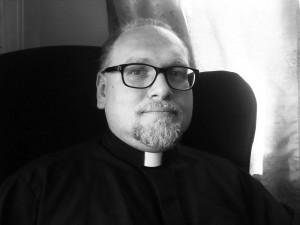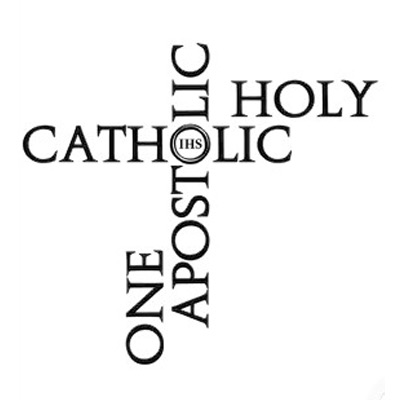The views expressed in the following material are not necessarily the views of Just & Sinner, any of its contributing editors, or Rev. Jordan B. Cooper. They are presented as food for thought with the permission of their author. Any comments which are not directly germane to the material content of the post, but which instead seek to impugn or discredit the source, will be deleted and their authors will be banned from the site. –admin

Fr. Jack Whritenour, stalwart conservative ELCA clergyman and administrator of the Society for the Preservation of the Evangelical Lutheran Liturgy on Facebook, defines the term “Evangelical Catholic”:
An Evangelical Catholic (and here I use the term as it applies to Lutherans) is one who views the Church of the Augsburg Confession as not just a Protestant denomination (or several denominations) but a branch of the one, holy, catholic, and apostolic Church of Jesus Christ, and sees Lutheranism as a reforming movement within the catholic Church. Carl Braaten has coined the phrase “catholics in exile.” Most of us believe that full communion with the See and Bishop of Rome is something for which we should pray and strive under the guidance of the Holy Spirit and in accordance with the high priestly prayer of our Lord Jesus Christ.
Evangelical Catholics, while obviously acknowledging the primary importance of the right preaching and teaching of the Holy Gospel, also place the sacraments of Baptism, Confession & Absolution, and the Lord’s Supper on the same level of importance as the right preaching of the Gospel for our faith and life as Christians. Evangelical Catholics, therefore, believe, as the Lutheran Confessions say, that the Lord’s Supper is celebrated every Lord’s Day and at other times (Holy Days). We adamantly defend the doctrine of the True Presence of our living Lord Jesus Christ in the bread and wine of His Holy Supper. We have a high view of ordination, believing that the ministry of the Apostles has been perpetuated in the Church down through the ages by those who have received the laying on of hands in ordination (by those who themselves have been ordained) and who have been called by the Holy Spirit through the Church to this Holy Office. We value the historic liturgy of the Church—her rites, prayers, ceremonies, vestments, ornaments, sacred art, and sacred music—which we consider treasures of the Church which should be used and carefully guarded against the heresy of iconoclasm. We reject only those ceremonies, rites, practices, etc. that obscure the Gospel, but we receive everything from the Great Tradition that is in accordance with the Gospel and is helpful in the proclamation of the Gospel.
Finally, let me say that the Evangelical Catholicism is not a party within Lutheranism; it IS Lutheranism. In truth “Evangelical Catholic” is a redundancy; for we believe that to be evangelical is to be catholic and to be catholic is to be evangelical.
(Nota Bene: in the original text of Fr. Jack’s comments “Evangelical Catholic” and its derivatives were not capitalized. I made the choice to capitalize them here—just so you know where to lob the verbal tomatoes. Again, lob them at me, not him. I have my reasons, the foremost of which is grammatical: “Evangelical Catholic” is used as a proper noun; thus it should be capitalized. Secondly, I will not cede the adjective “catholic” or the capital “C” to the Church of Rome. I do not accept the dissolution of language which has led to the eponymous use of the term “Catholic” for “communicant member of the Church of Rome.” Furthermore, we would all do well to remember that the antonym of the term “Catholic” is not “Protestant” but “sectarian.” Context should determine the use of the term so as to avoid confusion, yes; however, all I ask is that we as Lutherans acknowledge that there are contexts which would bid us proclaim “We are Western Catholic Christians,” even perhaps even simply, “We are Catholics.” This is a matter of in statu confessionis. No parallax of time and no devolution of language can ever tie the term “Catholic” exclusively to the Roman see. Words shape our thinking. Ideas have consequences. Lex orandi lex credendi. –TDD)
+SDG+











